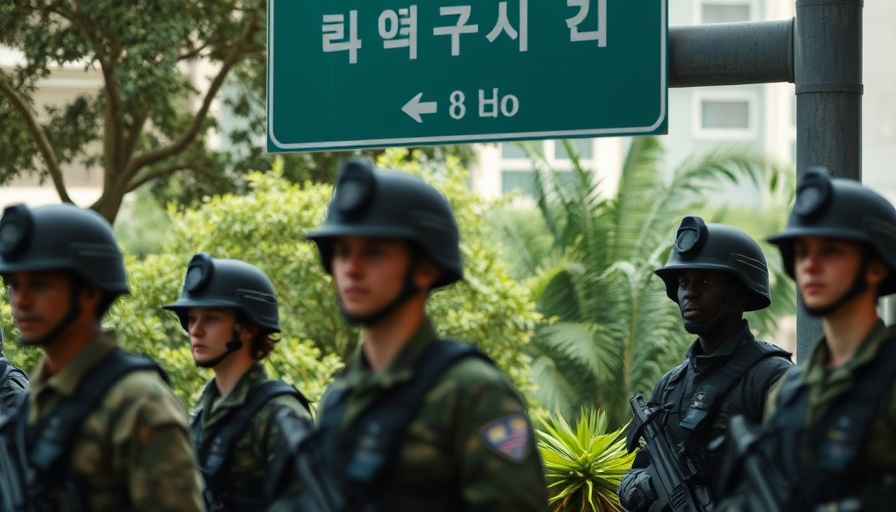
Escalating Tensions: A Longstanding Standoff
In recent weeks, tensions have flared once again between India and Pakistan as both nations have accused each other of violating a fragile ceasefire. This ongoing conflict has its roots in a long and turbulent history, primarily revolving around territorial disputes, religious differences, and national pride. Each country has continually leveraged the ceasefire violations to rally domestic support while shifting the blame for the escalating tensions towards the other.
Understanding the Ceasefire: Why It Matters
The ceasefire agreement, established in 2003, was intended to reduce hostilities along the Line of Control (LoC), the de facto border dividing the two countries in the disputed Kashmir region. Adherence to this ceasefire is crucial not just for the safety of civilians but also for maintaining relative peace in a region that often sees violent skirmishes. Both countries' accusations of violations hint at a deeper reevaluation of priorities, especially as domestic challenges mount in both nations.
Recent Incidents: What Sparked the Accusations?
In a series of events, artillery exchanges and skirmishes have been reported along the LoC, with both Pakistan and India claiming that the other side initiated the conflict. The allegations have intensified political rhetoric, with leaders from both sides defending their positions vehemently. For franchisors and business leaders, understanding these geopolitical tensions is essential, as escalation can lead to unforeseen trade and operational implications.
The Broader Implications for Business
While the conflict might seem distant from daily business operations, the echo of such geopolitical tensions can reverberate through economies and markets. Trade routes may become less predictable, and resource costs may escalate. For franchisors, ensuring operational consistency across regions becomes paramount in times of instability. This means preparing for potential disruptions, whether through diversifying supply chains or addressing operational risks adequately.
Strategies for Franchises in Uncertain Times
Franchisors need to adopt agile strategies to thrive amidst geopolitical uncertainty. Here are a few actionable insights:
- Diversification: Ensure a diverse supply chain and avoid relying heavily on any single region that may be impacted by conflict.
- Enhanced Communication: Keep open lines of communication with franchisees to address any operational challenges that may arise from external factors.
- Risk Assessment: Regularly evaluate risks associated with operating in regions affected by geopolitical tensions and develop contingency plans.
Keeping an Eye on the Future: Predictions for Stability
The future remains uncertain as both nations navigate their historical grievances. Continued military posturing may lead to sporadic escalations, impacting regional stability. Franchisors must remain vigilant, monitoring the evolving situation and adjusting their strategies accordingly. Ultimately, foresight and adaptability will be key in maintaining brand integrity and performance during turbulent times.
Final Thoughts: The Value of Preparedness
In an era where the geopolitical landscape can change swiftly, understanding these dynamics is vital for franchisors keen on maintaining operational excellence and brand consistency. The conflicts between nations like India and Pakistan serve as a reminder that business strategies must be agile and informed by current realities.
As a franchisor, consider evaluating your operational strategies and ensuring your franchisees are equipped to handle disruptions. By staying informed and proactive, businesses can navigate these challenges effectively.
 Add Row
Add Row  Add
Add 






Write A Comment